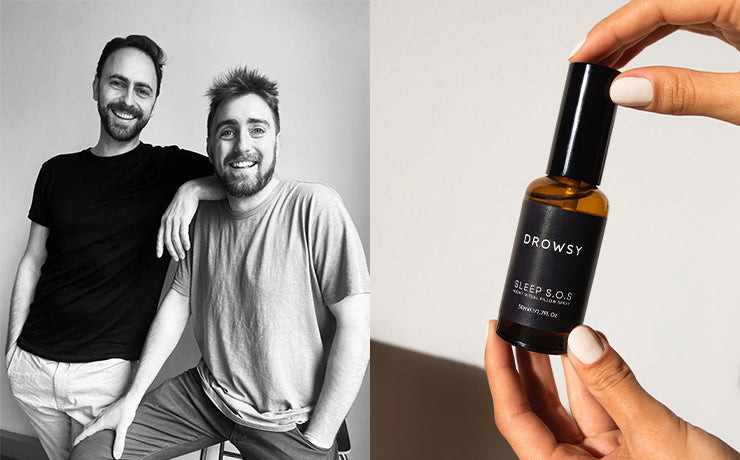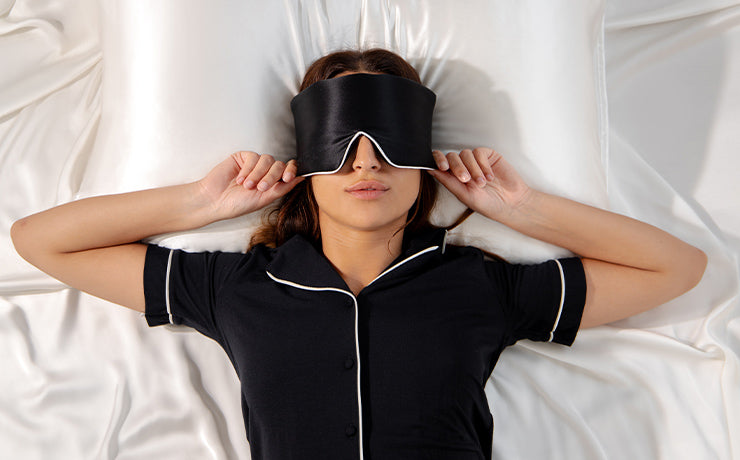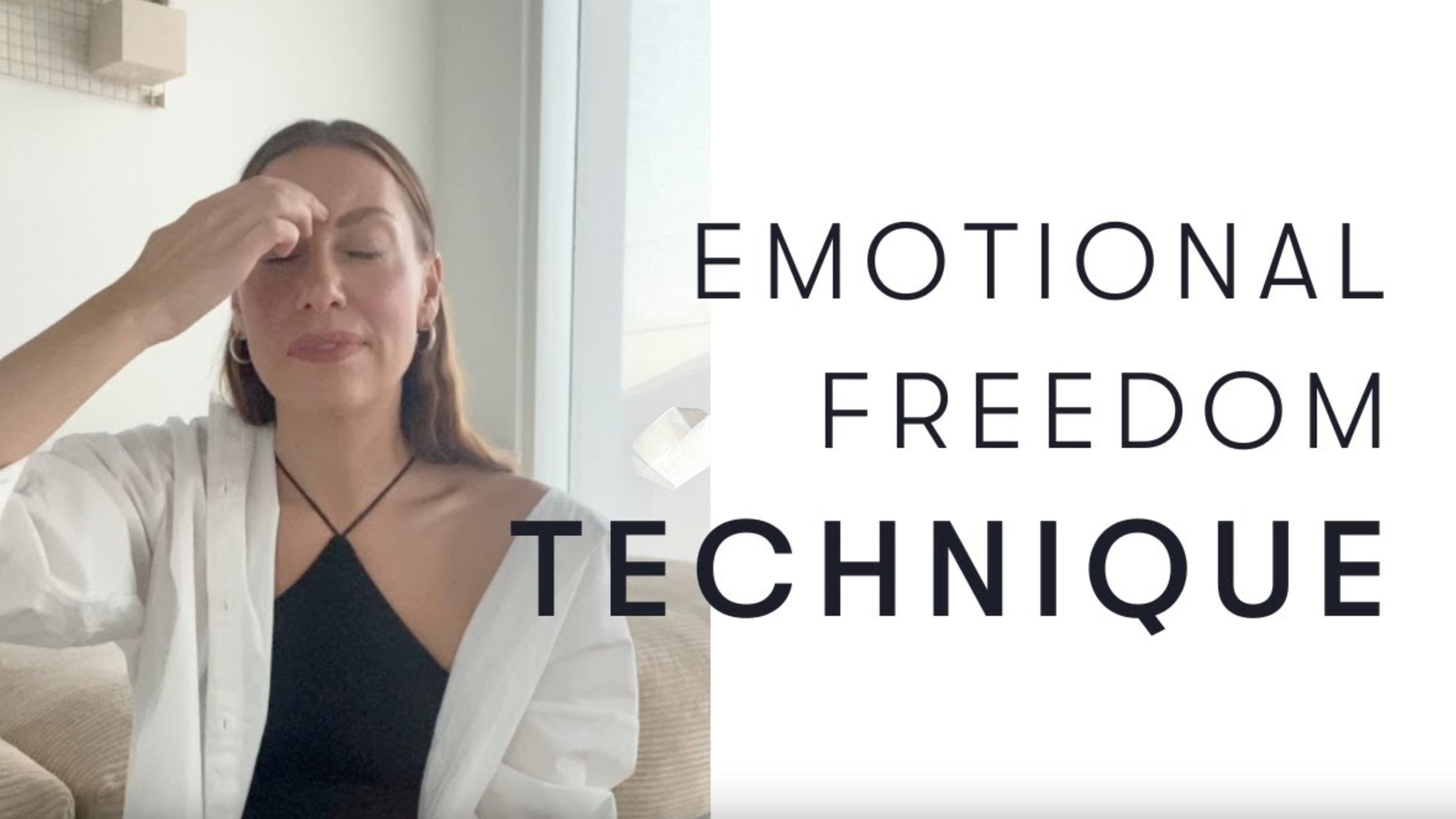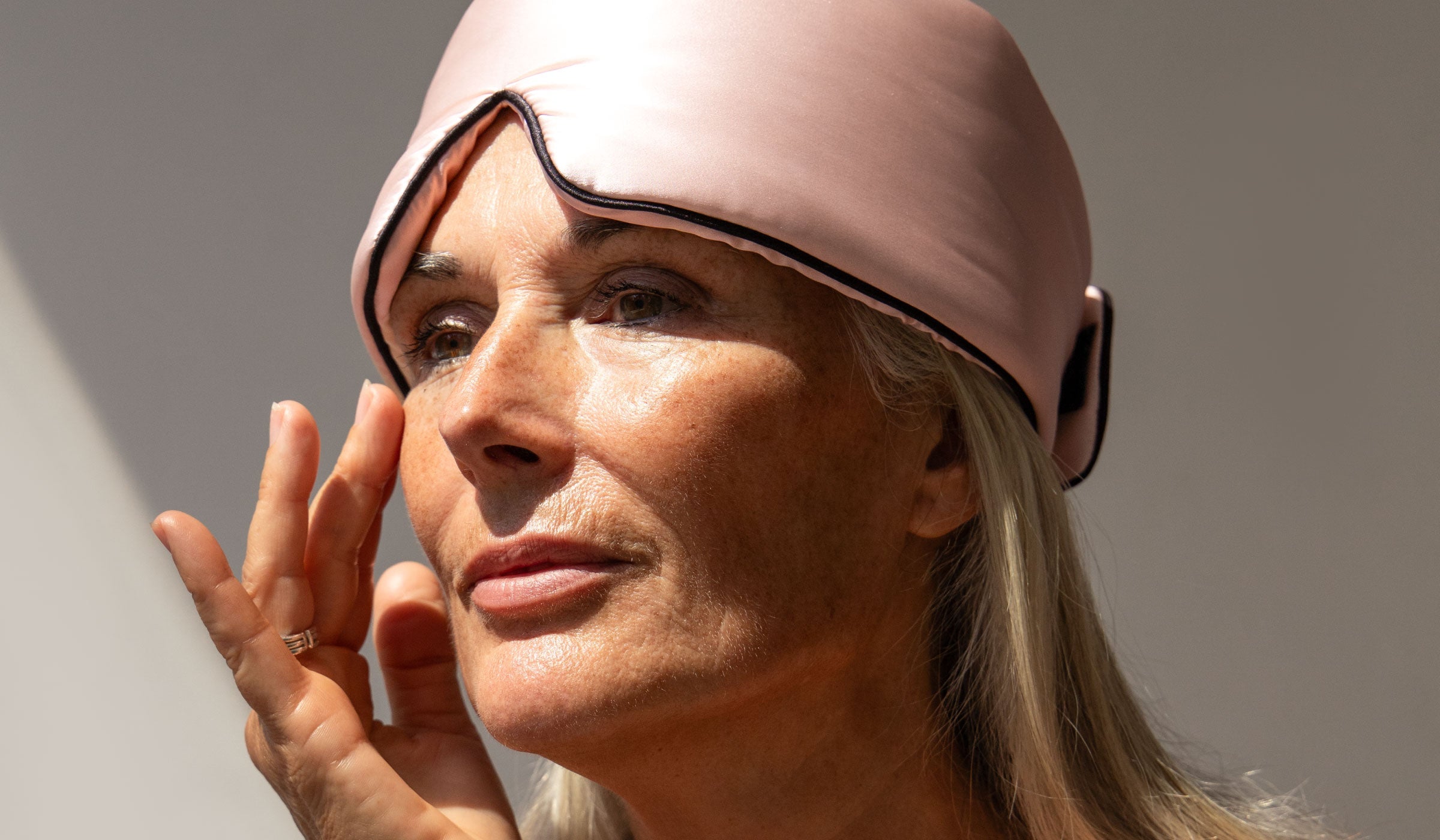Why DO we sleep? The answer is bigger than you think
Here at Drowsy, we’re huge advocates of the wonder drug we call sleep – that’s pretty clear. So we were excited to read neuroscientist and sleep expert Matthew Walker’s take on it, in his book ‘Why We Sleep’. It is a thorough text on the foundations and benefits of sleep, drawing on years of research, biology and evolutionary science to explain why sleep is such a vital function.
Spoiler alert: It is a key indicator of health and longevity, and Walker starts with a clear message of sleep less, live less. But it’s not all dire – there are plenty of insights and takeaways that’ll help us get the most out of life, with healthy sleep. Here’s a summary:
Why: small question, big answer
Sure, Walker starts by painting a pretty grim picture of what can go wrong, health-wise, if we don’t get enough sleep. But he quickly moves on to describe sleep as the “Swiss army knife of health” and we think that’s an excellent way to sum things up. Let’s dig into the science of it.
Recovery mode. Walker claims sleep is the number one thing we can do to reset our brain and body health each day. Recovery and regeneration happens during sleep, so without it our health will deteriorate.
Our bodies know the cycle. Our circadian rhythm – regulated by melatonin – responds to light (for wakefulness) and dark (for sleepiness). This works in tandem with a natural chemical called adenosine, which increases our desire to sleep over the course of the day. So, at bedtime, your circadian-rhythm-based wakefulness is at its lowest, and your ‘sleep drive’ chemical is at its highest. Your body is doing everything to get you to sleep. So pushing through or resisting it, means going against your body’s vital needs.
Light sleep, deep sleep, dream sleep. Humans need both REM (Rapid Eye Movement) and Non-REM sleep. Non-REM sleep helps with memory processing and tissue repair, while REM sleep is critical for emotional health and creativity. REM sleep is also the phase in which we dream – an important method for us to process stressful experiences, increase our emotional awareness and solve problems.
Sleep deprivation. Considering all of the above, it follows that sleep deprivation (or slipping into a sleep deficit – in which you are accumulating less sleep than your body needs) can have the opposite effect to the above benefits. Attention and concentration worsens, emotional reactivity goes up by 60%, and mind-related diseases such as Alzheimer’s become more likely. Physically, our bodies suffer too. The risk of heart disease and diabetes increases, while our fertility and athletic performance is likely to decrease.

What can we do to get good sleep?
There are many factors that can affect our sleep throughout our lives. Children, travel, environmental noise, hormonal changes and menopause… and while we can’t control them all, there are a few things we CAN control, that make a huge difference.
Light the way. Exposure to artificial light at night, especially from screens, can disrupt our natural sleep cycle and reduce the quality of our sleep. Blue light suppresses melatonin at twice the levels of warm light.
Find the Goldilocks temperature. Our bodies use the natural changes in temperature throughout the day for sleep cues – a cooler temperature signals nighttime, and therefore sleep time. Mimicking the natural ebb and flow of the outside temperature, when you’re inside, will help keep your circadian rhythm strong.
Limit caffeine and alcohol. While caffeine blocks your adenosine (sleep chemical) receptors and may disguise your natural desire to sleep, alcohol acts as a sedative that can knock you out but won’t allow you the right kind of sleep – causing interruptions to your cycle, and preventing important REM sleep.
Maintain a good diet. Too many carbohydrates at night has been known to decrease Non-REM sleep, and increase the likelihood of waking up through the night.
Keep a routine. Walker describes the circadian rhythm as a construct developed to keep us in line with the earth’s 24-hour cycle. Because sunlight is the most consistent marker we have, it is the most important thing to keep our bodies in a rhythm, and our sleep in a regular pattern.
Honour your natural rhythm. Interestingly, Walker points out that there is an evolutionary basis to some of us preferring to stay up late (night owls) while others like to get up early (morning larks). And that was to limit the amount of time a group was ‘vulnerable’ to predators overnight. If half of the group naturally stayed awake late and the other half naturally woke early, there was only a short time when both groups were asleep – and therefore vulnerable.





